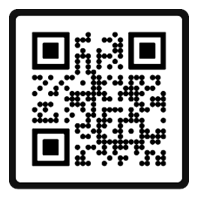Contact Us
Speak Up
Kenanga Group’s Speak Up Framework is for the reporting of any concerns made in good faith about behaviour, conduct, practice, deeds and/or omissions that might be either unlawful or irregular that implicates Kenanga Group, by any party without fear of reprisal.
Kenanga Group is committed to ensuring its businesses and operations are conducted premised on the concepts of transparency, integrity and accountability, and that it is in compliance with applicable laws and regulations at all times.
In line with this vision, Kenanga Group has put in place a Speak Up Framework to govern the reporting of any matter which may be detrimental to the reputation, businesses or operations of Kenanga Group. The Speak Up Framework by Kenanga Group is a demonstration of its commitment towards establishing an ethical culture with underlying principles of integrity and high standards of corporate governance.
The Group Speak Up Policy lays the foundation for the framework and it provides, among others, assurance to all relevant stakeholders, both internal and external, of the safeguards accorded when making a report in good faith and further, that all reports will be handled objectively and impartially.









